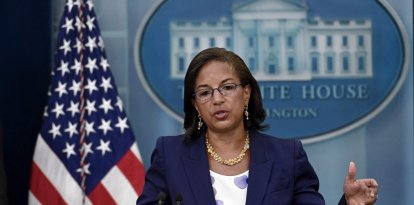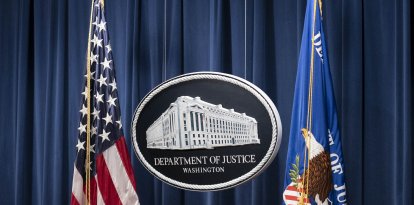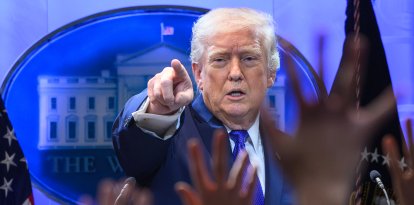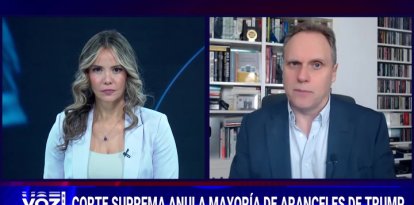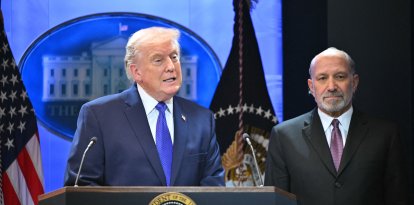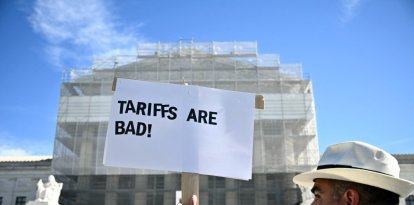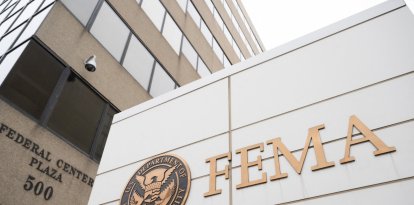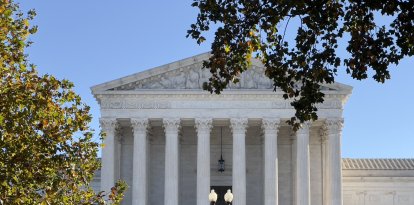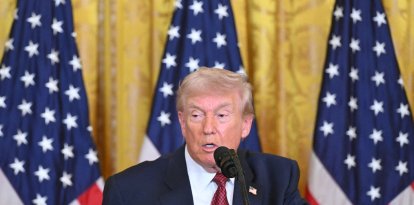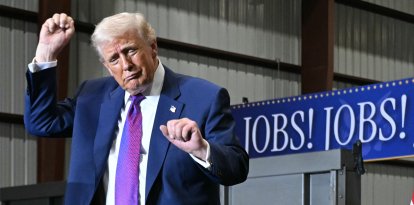Joe Biden's ghostwriter acknowledges he deleted his recordings with the president before Special Counsel Hur could use them
Mark Zwonitzer assured during a meeting with FBI agents that his main motive was to prevent the filesfrom being hacked and exposed on the internet because they contained "very personal and emotional material" about Beau Biden.

Cordon Press
Joe Biden´s ghostwriter Mark Zwonitzer acknowledged that he deleted recordings of his conversations with the President before they had been reviewed by Robert Hur, the special prosecutor appointed to investigate the classified papers found in several of the President's residences. This detail emerged following a review of the transcript of the author's meeting with FBI agents and Hur's assistants to which the Heritage Foundation has had access.
Biden's ghostwriter acknowledges he knew about the investigation when he deleted the audios
Although the 266 pages published by the organization are heavily redacted, it is noted that Zwonitzer acknowledges that he deleted the tapes, although he assured that he "would not say" to what extent this act had its origin in preventing Hur's team from having access to those conversations. The writer then noted that getting rid of audio files once used was "something I do as a rule anyway."
According to the transcript, an FBI agent directly questioned the writer with the following question: "The outside observer is going to look at this and say, Mark Zwonitzer, President Biden's friend, ghostwriter, collaborator learned of the special counsel's investigation, saw this was happening and then deleted all these audio recordings. I just need the truth on this one ... That was part of your motivation, at least something you were aware of when you did this?"
A threatening email
Zwonitzer's response was evasive, but without absolutely denying that it was part of his motivation: "I'm not going to say what percentage of it was my motivation." "I was aware that there was an investigation." In addition, the author acknowledged that "I was very concerned about the possibility of being hacked. I was very concerned about the possibility of this audio spreading all over the place. And the audio, my chief concern at the time -and I'll explain the timing- was really that there was a lot of personal and emotional stuff about Beau (the president's late eldest son). And so it was. I simply took the audio files folder from both the G drive and my laptop and slid them into the trash. I kept all the transcripts, and getting rid of the audio is something I do as a rule anyway."
Later, the writer stressed that the decision to eliminate the conversations was exclusively his and that he did not communicate to anyone in the president's environment what he had done. He also claimed to have received a threatening email that he immediately deleted.













